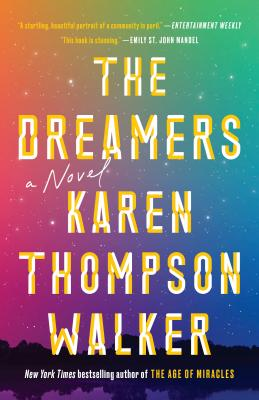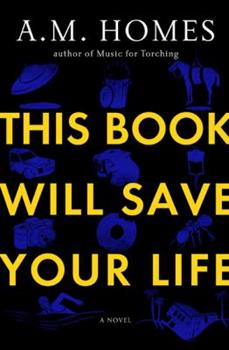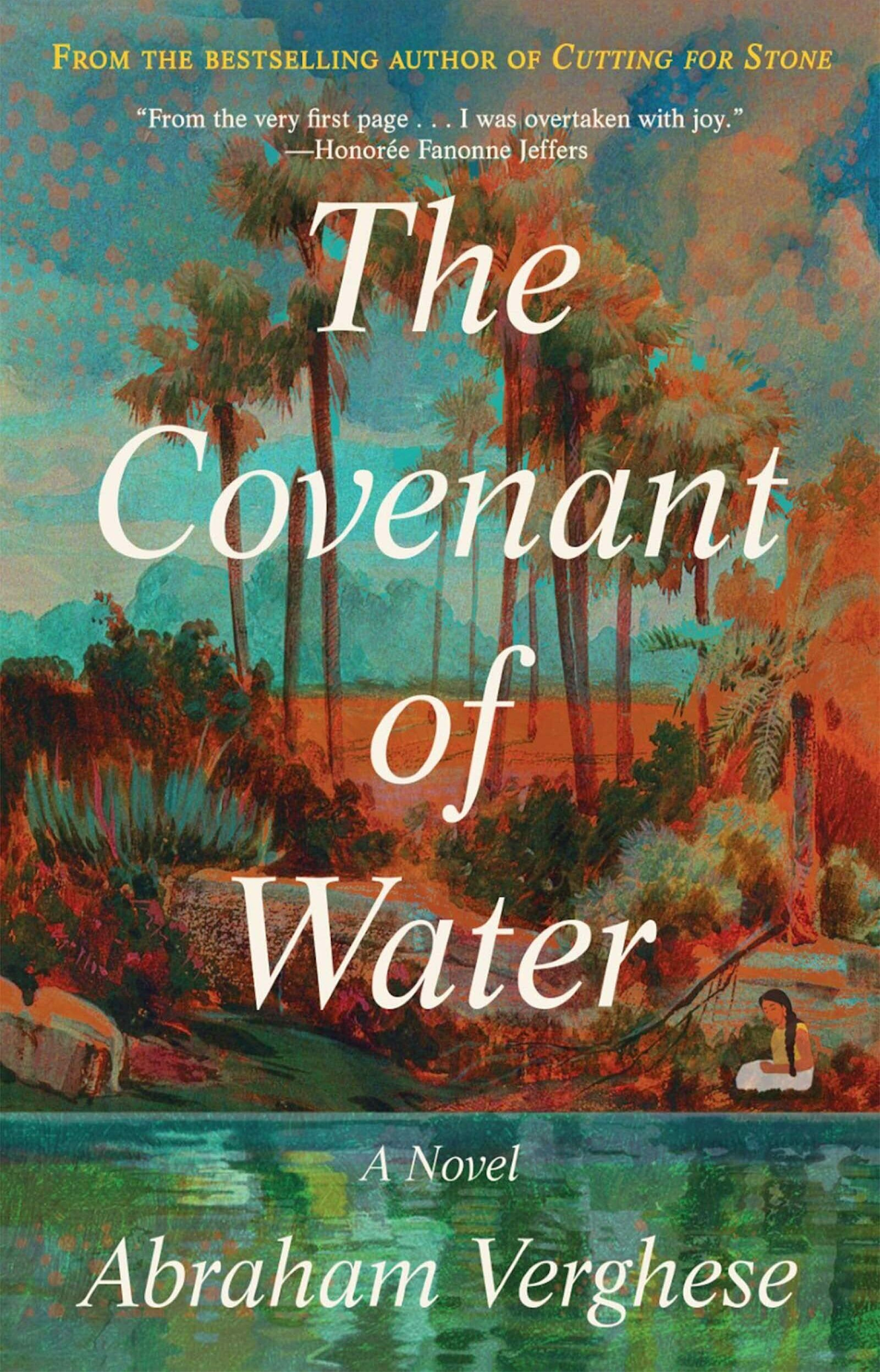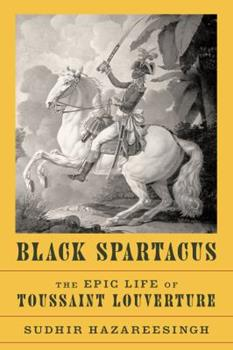Welcome to the faculty's tenth annual summer reading recommendations list! Once you've explored this one, you can click on the "summer reading" label at the end to see the previous ones.
Michael Dowdy
I just flew through Claire Jiménez’s brand-new debut novel. What Happened to Ruthy Ramirez is the ideal summer read if you’re looking for humor and heft in a compact package (224 pages). Jiménez invites readers into the tumultuous world of three generations of Afro-Puerto Rican women on Staten Island. We meet the Ramirez family twelve years after thirteen-year-old Ruthy disappeared following track practice. Younger sister Nina has returned home after college graduation and finds herself working in a kitschy lingerie store. Older sister Jessica cares for her baby and the cantankerous residents of a nursing home. Their mother Dolores teaches a Proper Parenting workshop for struggling mothers. When Jessica and Nina see a “grown-up Ruthy”—or is it a “fake Ruthy”?—on the outrageous reality TV show Catfight, the family begins to reckon with Ruthy’s absence by way of her virtual presence. I loved how What Happened to Ruthy Ramirez gives each of these four characters their own endearingly combative narrative turns. It’s as if the split screens we’re watching merge. The show’s public spectacle and the family’s own private “catfight,” with all of that word’s troubling implications, become one uproarious, potentially healing story of grief, labor, and love.
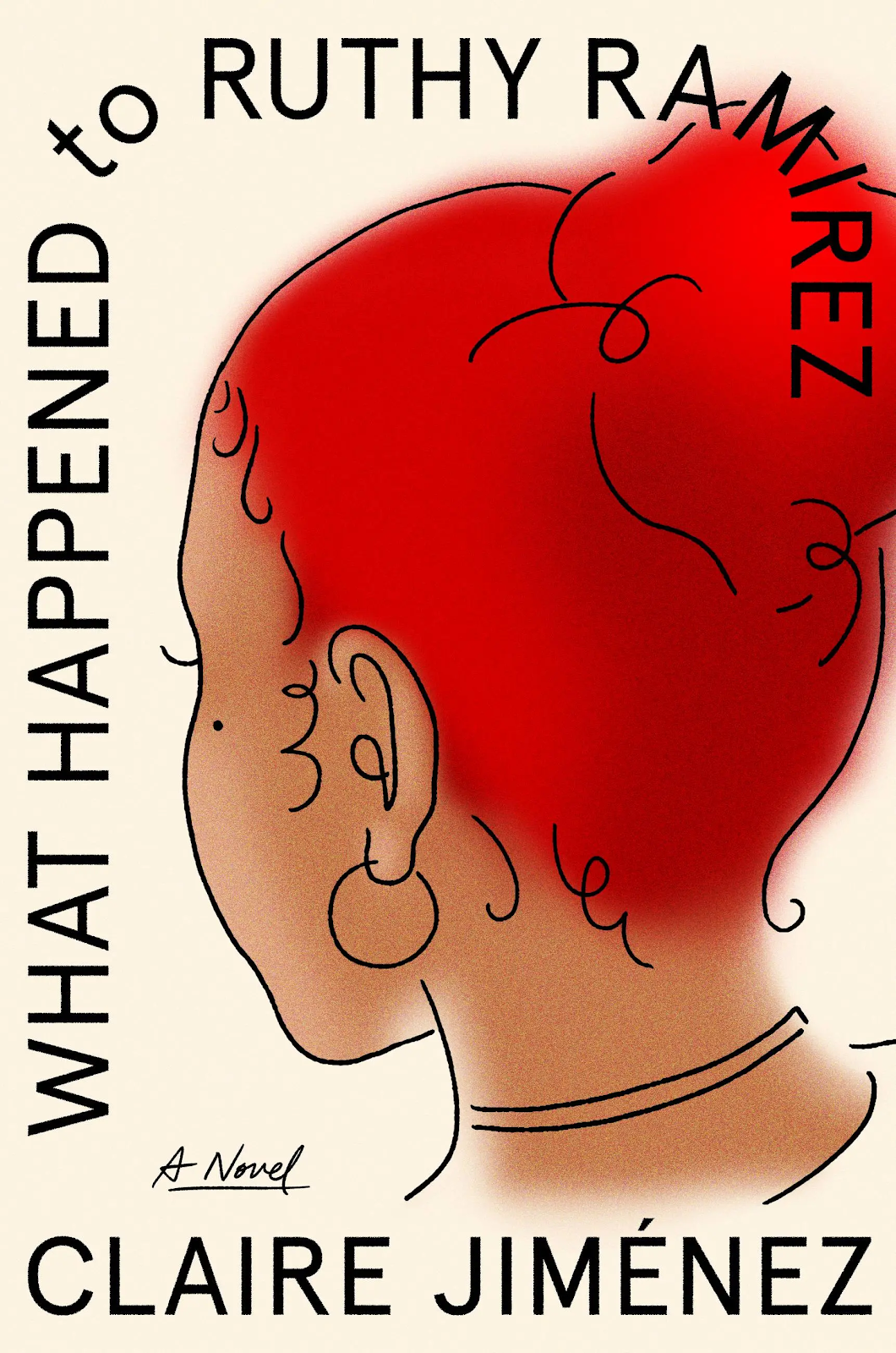
Heather Hicks
The Dreamers by Karen Thompson Walker
This is an odd apocalyptic novel in which people in a college town in Sothern California start falling asleep and staying asleep. It may not sound very exciting, but I couldn’t put it down!
This Book Will Save Your Life by A.M. Homes
I’m working on a chapter for a literary history of Los Angeles right now, and among the books I’ve read about LA, I found this one especially moving. It is about a very wealthy, very lonely man, who, after a near-death experience, begins to make an effort to connect with the people around him.
Adrienne Perry
I'm looking forward to reading Ann Goldstein's recent translation of Alba De Céspedes' Forbidden Notebook. Céspedes was a Cuban-Italian feminist writer known, in part, for her anti-fascist activism. I had a chance to read the first few pages of the novel in March and was drawn in by the story of a woman in postwar Italy as she secretly writes in her "forbidden" journal, hiding this activity from her husband and adult children. I devoured Goldstein's translations of Elena Ferrante's Neapolitan quartet a few years ago and look forward to reading more of her work.
Craig Carpenter
I get giddy in anticipation of the reading opportunity that summer provides. Although I continually add to a reading list throughout the year, I always find myself at a literary crossroads. This summer, though, in addition to re-reading novels by Abdulrazak Gurnah (By the Sea) and Omar El Akkad (What Strange Paradise) and their intertextual inspirations (The Thousand and One Nights and Peter Pan, respectively), I would like to tackle Cormac McCarthy's recently released pairing of The Passenger and Stella Maris. McCarthy's fiction is not always easy, but it is rewarding. The narrator of each novel is a sibling of the other. So, one question that I will have is how and to what degree each reciprocally contributes to a story beyond the perspective of the narrator. That is a question I also have about our own lives.
Alan Drew
A few summers ago, I read Diaz's debut novel, In the Distance, which was a finalist for the Pulitzer Prize. The book, set in the mid-to-late 19th Century, is a sort-of reverse migration story, with the protagonist, a young penniless Swedish immigrant, trekking across America against the tide of westward migration in search of his lost brother. It was a strange, beautiful book and a compelling read. Trust, set in 1920's New York City on the cusp of the stock market crash, is an examination of immense wealth and the corrupting force of capitalism. If Diaz's debut is any indication, his sophomore work should be equally compelling and insightful.
Klara and the Sun by Kazuo Ishiguro. My students will laugh-I’m obsessed with ChatGPT. I’m re-reading Ishiguro’s 2021 novel, which is a kind of mash up of his earlier books, The Remains of the Day and Never Let Me Go. The first time, it felt like a short beautiful fable of AI to me—I wonder how it will read in our 2023 present age where we can actually ‘befriend’ our chatbots.
The Hyacinth Girl: T. S. Eliot’s Hidden Muse (2023) by Lyndall Gordon. I can’t wait to finish Lyndall Gordon’s new biographical study of the influence of Emily Hale on T. S. Eliot’s poetry. Gordon always writes with incredible sensitivity and sympathy for why people make choices, both good and bad. This book is the first full study after the cache of over a thousand letters between Eliot and Hale were opened at Princeton library. They were famously sealed until 50 years after the death of both writers. Who doesn’t want to read about love letters in the summer?
Joe Drury
This summer, I’m hoping to read one or two more of Dorothy L. Sayers’ Lord Peter Wimsey mysteries. Written mainly in the 1920s and 1930s, during detective fiction’s so-called “golden age,” this series of novels focuses on the eccentric younger son of an aristocratic English family, a dandy whose amateur sleuthing provides him with therapeutic relief from the shell shock caused by his experiences fighting in WW1. The plots are not quite as intricate as Agatha Christie’s, but what Sayers lacks in ingenuity she more than makes up for in colourful characters, sparkling dialogue, and rich, atmospheric evocations of time and place. I started with Whose Body? – the first in the series, which opens with of a dead body being found in a bathtub wearing nothing but a pair of pince-nez – but you can also try Gaudy Night, famous for its evocation of college life in Oxford in the interwar period.
Kimberly Takahata
Ling Ma, Bliss Montage
I read Ma's Severance after the pandemic had begun and like so many, was overwhelmed by how clearly and directly the book captured the early days of 2020. This summer, I'm looking forward to diving into Ma's newest work, Bliss Montage, a collection of stories that blur the line between what's possible and what's real. I've only read the first chapter so far, but a book that begins with telling you "my 100 ex-boyfriends live" in the "largest but ugliest" wing of the narrator's house is bound to have some twists and turns to talk about.
Rena Potok
Lisa McInerney, The Rules of Revelation -- I met Lisa at her talk with Mary O'Donoghue this semester, and I'm always on the lookout for new Irish fiction.
Abraham Verghese, The Covenant of Water -- I loved Cutting for Stone, and I'm partial to intergenerational literary novels.
Evan Radcliffe
This summer one book I’m planning to read is a prize-winning biography, Sudhir Hazareesingh’s Black Spartacus: The Epic Life of Toussaint Louverture, published in 2020. Revolutions are a crucial part of the Atlantic world in the late 18th and early 19th century (which is my field of specialization); Louverture was a leader of the Haitian Revolution, perhaps the largest slave revolt in history. Born into slavery in 1743, he became (in Hazareesingh’s words) “the first black superhero of the modern age.”
Lisa Sewell
This summer, I plan to read Claire Keegan’s Small Things Like These, a wee novel that is an international best seller. I met Claire when she was the Heimbold Chair in Irish Studies at Villanova a number of years ago and absolutely loved her and her work as well. I was amazed by the beauty and precision of the short stories in Walk the Blue Fields and Antarctica – which focus on rural life in Ireland. A good friend recently recommended Small Things Like These, calling it one of the most astonishing and important books she’s read in years. The book is set in the 1980s and Keegan dedicates the book to “the women and children who suffered time in Ireland's Magdalen laundries” –secretive institutions, which were operating into the 1990s, and were run by Catholic nuns with the support of the Irish government: “fallen” girls and women were imprisoned, worked and abused, their children often taken from them and neglected, or even killed. The story focuses on Bill Furlong, a coal merchant who delivers coal to the local convent and has to confront his own complicity in allowing the Catholic Church to continue to commit crimes against its charges. I don’t know much more about the novel, but one review describes it as a feminist re-imagining of Dickens’ A Christmas Carol, which sounds promising and I am looking forward to immersing myself in Keegan’s writing again.
The town and municipality of Darjeeling in West Bengal, India, has been an important location for Tibetan nationalists, traders, and artists since early 20th century. I'm looking forward to reading two novels written by authors from Darjeeling. There's a Carnival Today by Indra Bahadur Rai, one of Nepal's master storytellers, is translated from the Nepali by the wonderful writer Manjushree Thapa. The novel is set in post-independence Darjeeling and centers around characters who are Indian Nepali. Written in 1958 in Nepali, the novel foreshadows two militant political movements in Darjeeling, a labor union movement in the tea plantations and the movement to establish a separate state, Gorkhaland.
White Crane, Lend me Your Wings: A Tibetan Tale of Love and War by Dr. Tsewang Yishey Pemba was published posthumously by Niyogi Books in India in 2017. His first novel Idols on the Path, also written in Darjeeling and published in 1966 was the first English-language Tibetan novel. White Crane is a story about Tibetan guerrilla fighters and their struggle for freedom.
Lauren Shohet
Kelly Link, White Dog, Black Cat. These short stories both offer their own version of what a "fairy tale" might be and reflect in provocative ways upon genres and practices of fantasy, folklore, and speculation.
Having loved her first novel, The Parisan, I read Isabella Hammad's Enter Ghost as soon as it came out. It haunts me! Describing a production of Hamlet in the West Bank and all the obstacles the company faces, it's a novel about art, performance, politics, family, and memory. The stage direction, "Enter ghost" will be forever changed (and charged) because I read this fantastic novel.

